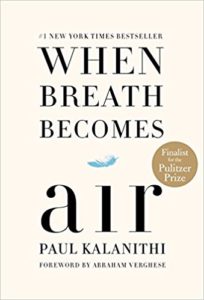I’m calling it. It’s time to confront our bias against the thesaurus.
It doesn’t matter if what’s keeping you from picking up a thesaurus is that you think “real” writers don’t need them or that using one makes you a bad writer; it’s two sides of the same coin, really. And it’s no mystery where the distaste comes from: We all remember that obnoxious kid in our high school English class who never met a four-syllable word they weren’t immediately desperate to use to prove once and for all how worldly and intellectual they were now that they’d turned fifteen. You know who I’m talking about. The kid who called it a “conflagration simulation” instead of a fire drill.
Nobody wants to be that kid. There’s a reason “sounds like somebody was reading the dictionary again” is an insult.
But most of us are way past the days of five paragraph essays and the PSATs. You’re not in any danger of becoming that kid. It’s time to revisit the thesaurus.
For one thing, I can almost guarantee your vocabulary is much improved since high school. Your primary motive in looking up a synonym probably isn’t going to be to show off or score a better grade. It’s way more likely that you’re thinking of a particular word, and it’s like this word, but not that word exactly.
Go to your thesaurus. Chances are it’s gonna be listed under that word that’s close but not quite it.
But the real magic of the thesaurus is that it’s the perfect brainstorming tool when you know what you want to say, but you don’t know how you want to say it.
We’re all taught when we’re younger that the dictionary is the holy grail of writing resources. Not to knock the dictionary—I mean, there’s no thesaurus without a dictionary, and you can’t know if you’ve found the right word if you don’t know what it means—but just like it’s kind of hard to look up a word you don’t know how to spell, it’s hard to look up a word when you don’t even know what word you’re looking for.
With a thesaurus, you don’t need to. Pick a word in the general vicinity of what you think you want to say, and go from there. Think of it like wiki hopping, but for words: You start looking up synonyms of synonyms, and four or five rounds later, you might be nowhere near where you started, but you’ve probably landed somewhere way more interesting. With a better, more precise, more vivid word than whatever you were going to use as a substitute.

